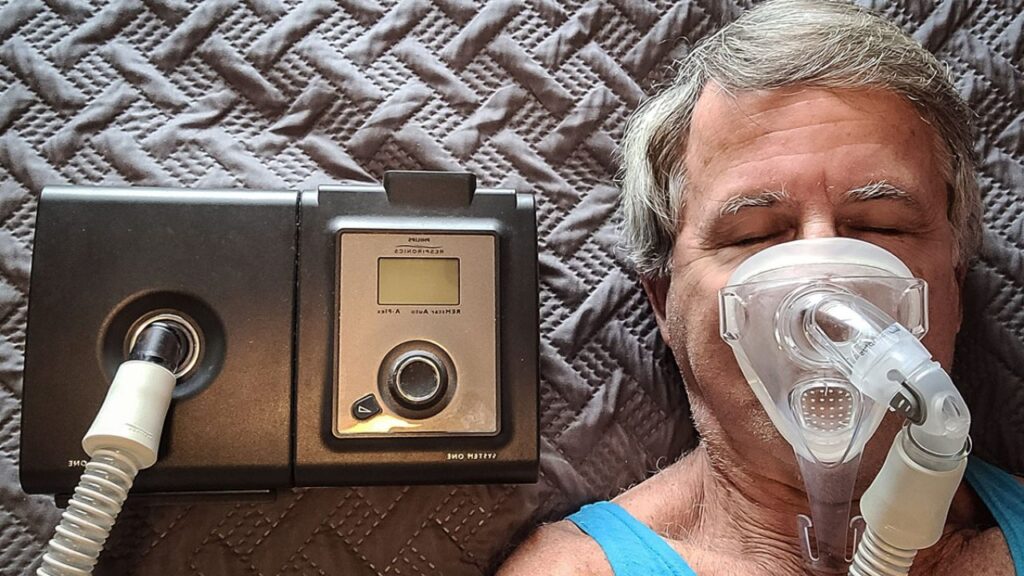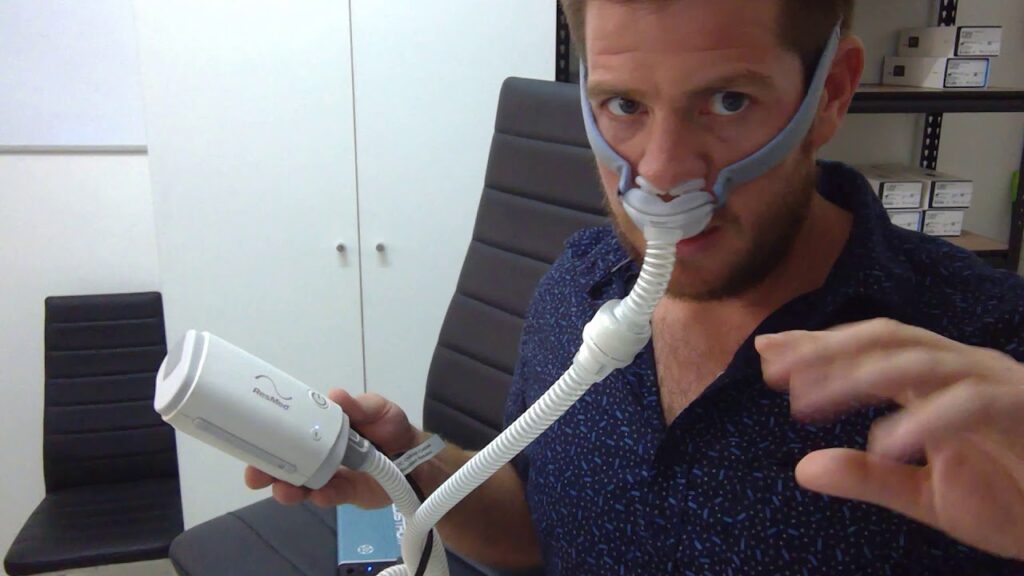In today’s fast-paced world, getting enough quality sleep is crucial for our overall well-being. Unfortunately, many people suffer from sleep disorders that disrupt their nightly rest. One such disorder is sleep apnea, which affects millions of individuals worldwide. Fortunately, CPAP masks have emerged as a game-changer in improving sleep quality for those with sleep apnea.
Understanding Sleep Apnea and Its Effects
Sleep apnea is a common sleep disorder characterized by repetitive pauses in breathing during sleep. These pauses, known as apneas, can last for a few seconds to minutes and occur multiple times throughout the night. The two main types of sleep apnea are obstructive sleep apnea (OSA) and central sleep apnea (CSA). If you want to more about Sleep Apnea click here
Defining Sleep Apnea
Obstructive sleep apnea occurs when the muscles in the back of the throat fail to keep the airway open, despite the efforts to breathe. On the other hand, central sleep apnea is caused by the brain’s failure to transmit the proper signals to the muscles responsible for breathing. Regardless of the type, both can lead to fragmented and poor-quality sleep.
The Link Between Sleep Apnea and Overall Health
Sleep apnea not only affects the quality of sleep but also has significant implications for overall health. It has been linked to an increased risk of conditions such as high blood pressure, heart disease, stroke, and diabetes. Additionally, sleep apnea can cause daytime sleepiness, fatigue, and difficulties with concentration and memory.
Moreover, untreated sleep apnea can also impact mental health. Individuals with sleep apnea are at a higher risk of developing mood disorders such as depression and anxiety. The constant disruption of sleep due to breathing pauses can lead to irritability, mood swings, and a decreased quality of life. Seeking treatment for sleep apnea is crucial not only for physical health but also for mental well-being.
Furthermore, the effects of sleep apnea extend beyond the individual suffering from the condition. Bed partners of individuals with sleep apnea often report disrupted sleep due to loud snoring, gasping for air, and abrupt awakenings. This can strain relationships and lead to sleep deprivation for both individuals. It is essential for both partners to understand the condition and work together to find solutions that improve sleep quality for the affected individual and their bed partner.
The Functionality of CPAP Masks
Continuous Positive Airway Pressure sleep study CPAP has emerged as the gold standard for treating sleep apnea. The primary component of CPAP therapy is the CPAP machine, which delivers a constant flow of pressurized air. However, the CPAP mask plays a critical role in ensuring effective treatment.
CPAP masks are not just a simple accessory in CPAP therapy; they are the gateway through which pressurized air is delivered to the airways. These masks come in various shapes and sizes to accommodate different facial structures and preferences, ensuring a comfortable fit for each user.
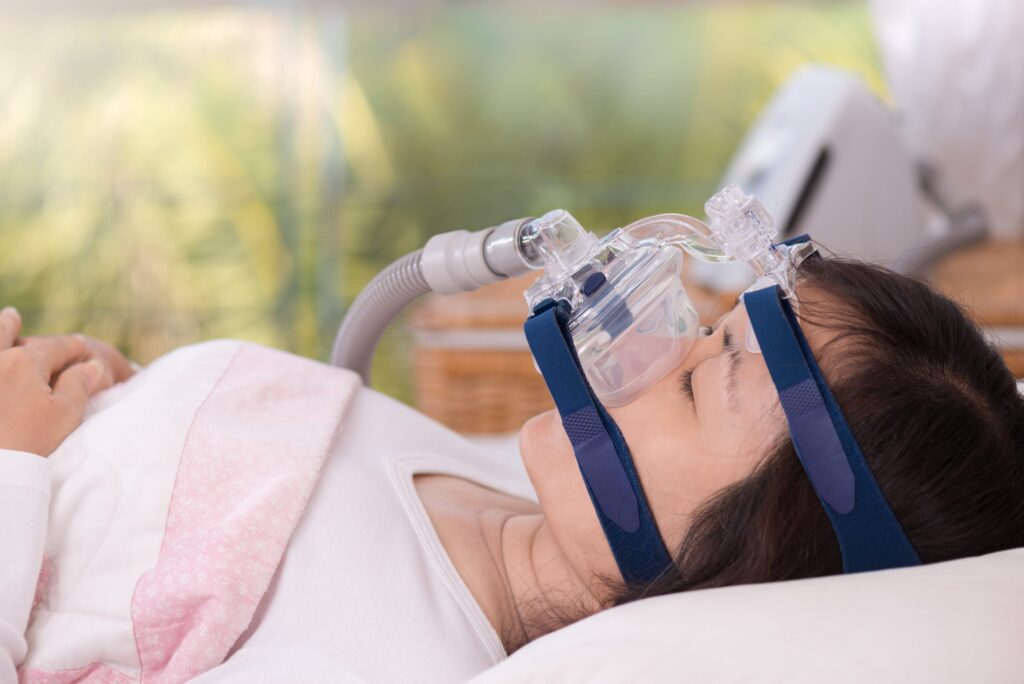
How CPAP Masks Work
CPAP masks are worn over the nose and/or mouth and connect to the CPAP machine via a tube. The pressurized air from the machine is delivered through the mask, creating a continuous flow of air that keeps the airway open during sleep. By preventing the collapse of the airway, CPAP masks allow individuals to breathe freely and enjoy uninterrupted sleep.
It’s important to note that CPAP masks are not one-size-fits-all. Proper fitting and adjustment of the mask are crucial for its effectiveness. A well-fitted CPAP mask should create a secure seal without causing discomfort or air leaks, ensuring that the prescribed air pressure is maintained throughout the night.
Different Types of CPAP Masks
There are several types of CPAP masks available to cater to individual preferences and needs. The most common types include nasal masks, which cover only the nose, and full face masks, which cover both the nose and mouth. Additionally, there are nasal pillow masks, which feature small pillows that seal against the nostrils, and oral masks, which cover only the mouth.
Some users may find nasal masks more comfortable as they are less invasive and allow for a wider field of vision, while others may prefer the secure fit provided by full face masks, especially if they tend to breathe through their mouths during sleep. Nasal pillow masks are ideal for those who feel claustrophobic with traditional masks, as they are minimalistic yet effective in maintaining the airway open.
The Impact of CPAP Masks on Sleep Quality
CPAP masks have been proven to have a positive impact on sleep quality, leading to various benefits for individuals with sleep apnea.
Individuals with sleep apnea often struggle to achieve a good night’s rest due to breathing interruptions during sleep. These interruptions can lead to a range of health issues, including daytime fatigue, decreased cognitive function, and even cardiovascular problems. CPAP masks play a crucial role in addressing these issues by providing a continuous flow of air pressure to keep the airway open, allowing for uninterrupted breathing and improved sleep quality.
CPAP Masks and Deep Sleep
Sleep apnea can significantly disrupt the natural sleep cycle, preventing individuals from entering the essential deep sleep stage. Deep sleep is crucial for bodily restoration and rejuvenation. By effectively treating sleep apnea, CPAP masks help individuals reach and maintain deep sleep, leading to more restful and rejuvenating sleep.
During deep sleep, the body repairs tissues, builds bone and muscle, and strengthens the immune system. Without sufficient deep sleep, individuals may experience increased inflammation, impaired cognitive function, and a higher risk of developing chronic conditions such as diabetes and heart disease. CPAP masks play a vital role in promoting deep sleep by ensuring that individuals with sleep apnea can breathe properly throughout the night, allowing them to reap the full benefits of this crucial sleep stage.
Reducing Sleep Interruptions with CPAP Masks
Sleep apnea often causes frequent awakenings throughout the night, leading to fragmented sleep. These interruptions not only affect sleep quality but also contribute to daytime fatigue and decreased cognitive function. CPAP masks effectively eliminate these interruptions by keeping the airway open, allowing individuals to experience uninterrupted and more restful sleep.
By reducing sleep interruptions, CPAP masks help individuals achieve longer periods of restorative sleep, leading to improved overall health and well-being. The consistent airflow provided by CPAP masks not only prevents breathing pauses but also ensures a steady oxygen supply to the body, promoting better sleep quality and enhancing daytime alertness. This comprehensive approach to managing sleep apnea can have a profound impact on an individual’s quality of life, allowing them to wake up feeling refreshed and rejuvenated each morning.
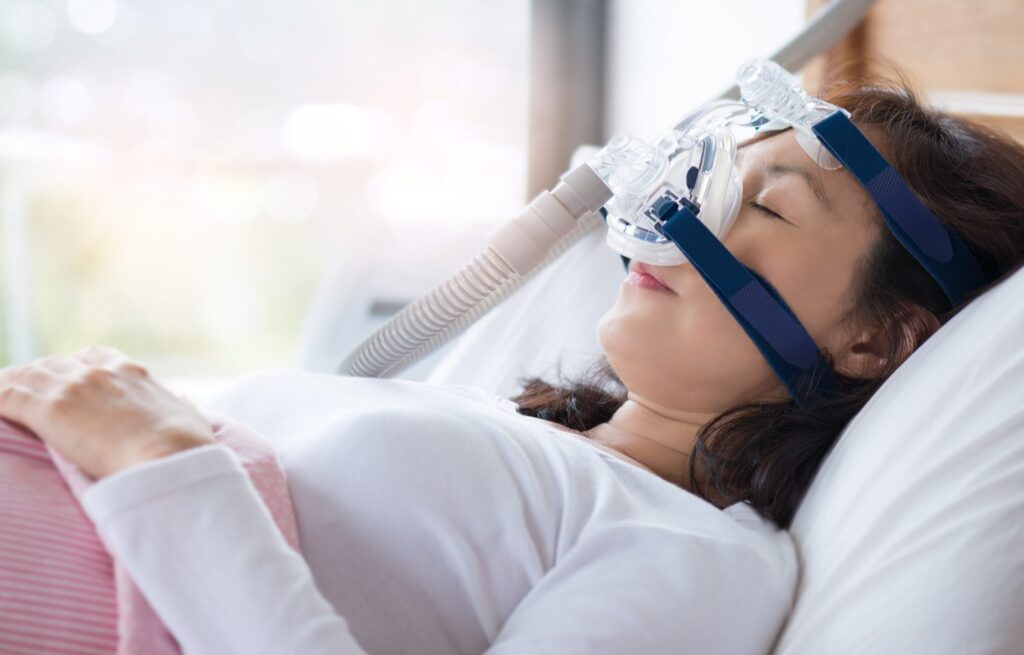
The Connection Between CPAP Use and Overall Well Being
The benefits of using CPAP masks extend beyond sleep quality and have a significant impact on overall well-being.
When it comes to CPAP therapy, the advantages go far beyond just a good night’s sleep. The use of CPAP masks can lead to a myriad of benefits that positively impact both physical and mental health, ultimately contributing to an individual’s overall well-being.
Physical Health Benefits of CPAP Masks
Effective treatment of sleep apnea with CPAP masks can lead to improved physical health outcomes. Studies have shown that CPAP therapy can lower blood pressure, reduce the risk of heart disease and stroke, and improve glycemic control in individuals with diabetes. By addressing sleep apnea, CPAP masks contribute to better overall physical health.
Furthermore, the use of CPAP masks can also help in reducing the risk of other serious health conditions such as irregular heartbeats, atrial fibrillation, and even certain types of cancer. By ensuring proper airflow and oxygenation during sleep, CPAP therapy supports the body’s vital functions and promotes long-term health and well-being.
Mental Health Advantages of Improved Sleep
Poor sleep quality has been closely linked to mental health issues such as depression and anxiety. By improving sleep quality, CPAP masks can have a positive impact on mental well-being. Individuals using CPAP masks often report improved mood, decreased feelings of fatigue, and enhanced cognitive function during the day.
Moreover, the restorative effects of CPAP therapy on sleep patterns can also enhance emotional resilience and stress management. By ensuring a restful and uninterrupted sleep, CPAP masks play a crucial role in promoting mental clarity, emotional stability, and overall psychological well-being.
Overcoming Challenges with CPAP Masks
While CPAP masks are highly effective in treating sleep apnea, some individuals may face challenges during the adaptation process. Understanding and addressing these challenges is key to ensuring a successful treatment experience.
One common challenge that individuals may encounter when using CPAP masks is the sensitivity to wearing a mask. Some people may find it uncomfortable to have something covering their face while they sleep. This can cause initial resistance and make it difficult to adjust to wearing the mask. However, healthcare professionals are well-equipped to help individuals overcome this challenge. They can provide guidance on finding the right mask that suits the individual’s needs and preferences. Additionally, they can offer tips on gradually increasing the wearing time to allow the individual to get accustomed to the sensation of wearing the mask.
Another challenge that individuals may face is mask leakages. A mask leakage occurs when the mask does not fit properly, causing air to escape. This can lead to reduced effectiveness of the treatment and discomfort for the individual. However, with the help of healthcare professionals, these mask leakages can be addressed. They can assist in adjusting the mask to ensure a proper fit, minimizing the chances of leakage. Additionally, practicing good mask hygiene, such as cleaning the mask regularly and replacing worn-out parts, can help maintain a secure seal and prevent leakages.
Common Issues and Their Solutions
Sensitivity to wearing a mask, mask leakages, and discomfort are some common issues individuals may encounter. However, with the help of healthcare professionals and mask adjustments, these challenges can be overcome. Ensuring a proper fit, practicing good mask hygiene, and gradually increasing mask wearing time can significantly improve comfort and overall treatment experience.
When it comes to adapting to a CPAP mask, patience is key. It may take time for individuals to get used to wearing the mask while they sleep. Starting with short wearing periods and gradually increasing the duration can make the adaptation process more manageable. Additionally, practicing relaxation techniques before sleep, such as deep breathing or meditation, can help individuals feel more at ease with the mask. Keeping a regular sleep routine can also contribute to a smoother transition, as it helps the body and mind adjust to the new sleep environment.
Furthermore, seeking support from sleep apnea communities and connecting with others who have successfully adapted to CPAP masks can provide valuable guidance and motivation. Online forums, support groups, and social media platforms can serve as platforms for individuals to share their experiences, ask questions, and receive encouragement from others who have gone through similar challenges.
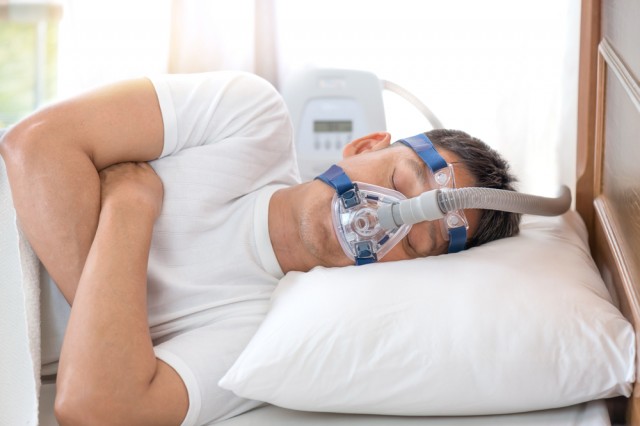
Tips for Adapting to a CPAP Mask
Adapting to wearing a CPAP mask can take time and patience. Some helpful tips include starting with short wearing periods and gradually increasing, practicing relaxation techniques before sleep, and keeping regular sleep routine. Additionally, seeking support from sleep apnea communities and connecting with others who have successfully adapted to CPAP masks can provide guidance and motivation.
In conclusion, CPAP masks play a vital role in improving sleep quality and overall well-being for individuals with sleep apnea. By effectively treating sleep apnea and addressing its associated health risks, CPAP masks pave the way for a healthier, more fulfilling life. If you or a loved one suspect sleep apnea, consulting with a healthcare professional can be the first step toward a better night’s sleep and improved overall well-being.

